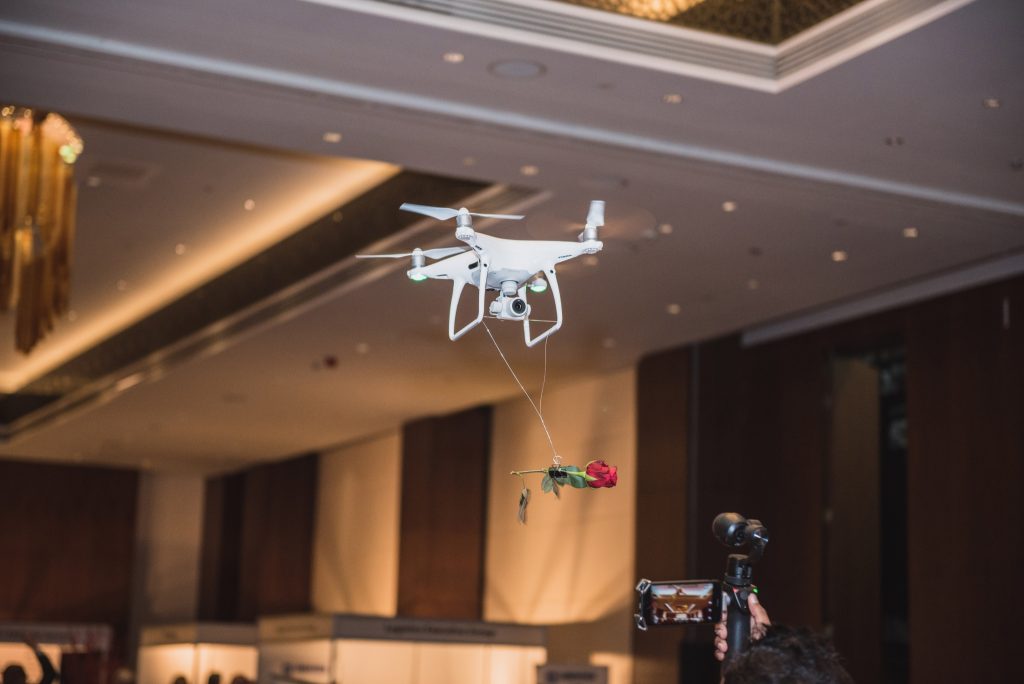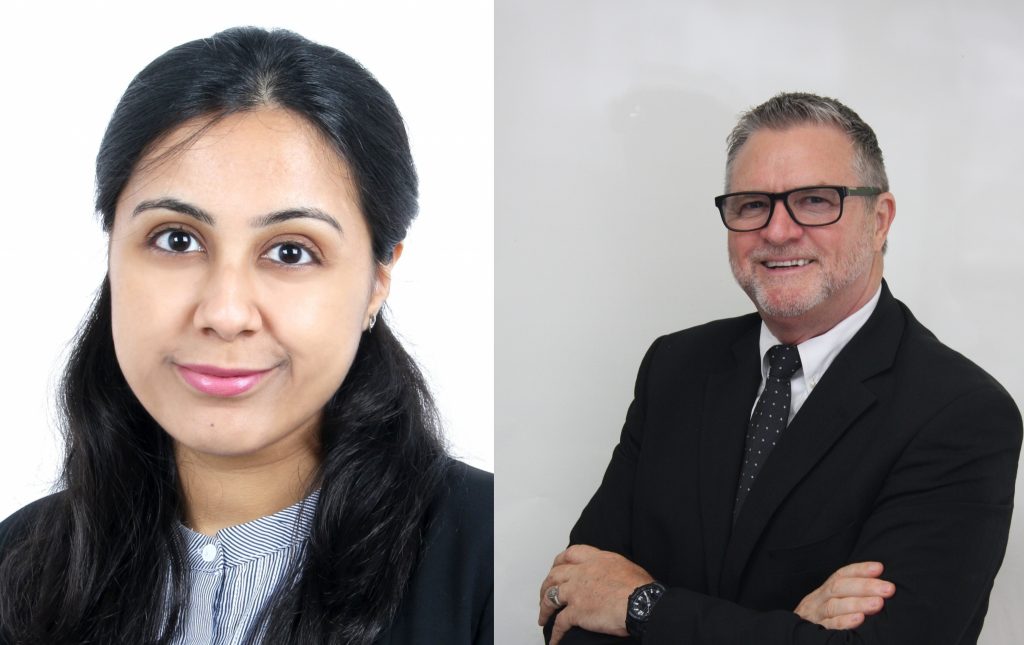Transformative action: LogiSYM Dubai 2018
It is 2018 and those still struggling to wrap their heads around the notion of change have already become irrelevant. Change, transformation, evolution, and, one daresay, revolution are a fact of life. We are no longer merely anticipating or predicting change. Instead, we are already thick in the middle of one of the most rapidly evolving eras in the history of mankind.
Today, the name of the game is transformation how we choose to respond, react, adjust, and even capitalise on the changes that are happening around us every waking moment. It is important to understand the nuanced difference between change and transformation. Change merely indicates a shift of any kind in the status quo. It can be small and incremental, positive or negative, or even inconsequential. On the other hand, transformation implies a significant, fundamental change that is often large-scale and permanent. Change indicates a state of flux, whereas transformation involves a decisive letting go of the past to embrace a new way of doing things.
At LogiSYM Dubai 2018, held on February 13 and 14 at the Jumeirah Creekside Hotel, we focused on the theme Disruptive Changes, Transformative Possibilities in the Supply Chains of Tomorrow. In particular, we grappled with transformation in the logistics and supply chain industry at both a macro and micro level. Drawing from global knowledge and regional expertise, we honed on the relevance of the changes on the horizon both promising and challenging. We discussed the transformation that will inevitably entail as GCC economies diversify and disruptors set new precedents and address crucial gaps in capacity, performance, and capability in supply chains across industries, ranging from construction to finance to F&B.
Indeed, it was no coincidence that LogiSYM Dubai fell on Valentines Day this year. In many ways, the day is an annual feat in supply chain excellence, as millions of roses are shipped fresh, largely from Kenya (one of the worlds largest exporter of roses) to arrive in flower shops and doorsteps in record time and perfect condition. It requires this complex supply chain to operate like clockwork for Valentines Day to be as special as our partners expect it to be. To demonstrate this, we partnered with key regional disruptors, VP Group, and their freight forwarding partner Flower Exchange, as well as B2B eCommerce platform Floranow, to supply 500 red roses for our guests on day of the event.

A rosy picture: drone in action at LogiSYM Dubai 2018
However, since there is nothing more powerful in provoking thought and reaction than a demonstration of disruption in action, we decided to take our showcase a step further or actually, 10 feet above the ground. Space Autonomous Drones, the first licensed commercial drone provider in the Middle East, orchestrated the delivery of roses via drone at our event, to illustrate what last mile delivery shall inevitably look like in the near future.
Nonetheless, while digital disruption may be at biggest buzzwords of the moment, the significance of astute leadership and human resource capabilities cannot be overlooked by organisations eager to prepare for the inevitable transformations ahead. This was recognised at the conference as well, during one of our closing panels titled Transformational Leadership in a Middle East Integrated World.
The panel, which featured leading international recruitment specialists, behavioural experts and professors, emphasised the role of leadership in fostering young talent that can help businesses harness transformation for business success, rather than mere survival.
Carrie Amani Annabi, assistant professor and director of the Logistics and Supply Chain Degree postgraduate program at Heriot-Watt University, urged industry leaders and their talent young and old to remain authentic, rather than forcing themselves into old-school moulds. She also highlighted the need to encourage and embrace more female participation in the industry to broaden the pool of talent and inject more dynamism and creativity in the industry.
Carmel Perales, general manager South East Asia, at Logistics Executive Group, who has extensive experience in recruitment and human capital consulting, discussed the lack of succession planning fuelling leadership gaps in firms across the industry.
In terms of the way most organisations seem to be structured in the industry, especially in Asia and the Middle East, there is a lack of youth in middle management being groomed for senior level positions, she notes. This causes a lot of young talent to drop out or switch industries in order to advance in their careers.
As these perspectives indicate, transformational leadership in todays industry is not merely about effective workforce management, but also empowerment, education, and dynamic communication. In many ways, digital transformation is merely about providing the tools to allow organisations to achieve this. At the end of the day, it is the organisations leadership and human capital potential that determines how optimally these new digital tools and resources are utilised and calibrated to meet organisational objectives.
Therefore, ironically, while the way we do things may continue to evolve at a faster rate each day, human capital continues to remain a key driver of business success. Despite the buzz around glitzy gadgets and glamorous technology, it is important to remember that cutting-edge computer algorithms dont write themselves. It takes a human mind willing to get uncomfortable, confront a problem, and harness resources optimally in order to explore uncharted territories and transform businesses for the better.
—

(L) Bushra Khalid & (R) Kim Winter
Kim Winter is the global CEO at Logistics Executive Group, with over 35 years of executive leadership experience spanning corporate advisory, M&A, trade facilitation, executive development, executive search and recruitment across supply chain, aviation, eCommerce, F&B, logistics, FMCG, and retail.
Bushra Ali is a business intelligence specialist at Logistics Executive Group Middle East, with a degree in Economics and Chinese from Williams College, Massachusetts, USA, and specialises in market research and economics.





